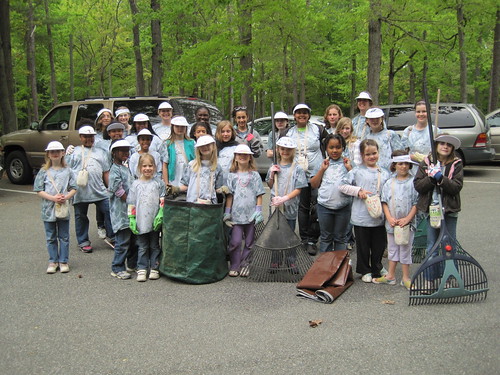Kudzu salad with hydrilla vinaigrette, anyone?
Like the saying goes, when life hands you lemons, make
lemonade. Instead of bemoaning our
invasive species, maybe we should be developing a taste for them. Read below...
Introducing the vine that ate the south, Kudzu. Don't leave your car parked there for very long.
From a NY Times article by Elisabeth Rosenthal (Read the
full article
here)
Answer for Invasive Species: Put It on a Plate and Eat It
An invasive species, the lionfish is devastating reef
fish populations along the Florida coast and into the Caribbean. Now, an
increasing number of environmentalists, consumer groups and scientists are
seriously testing a novel solution to control it and other aquatic invasive
species — one that would also takes pressure off depleted ocean fish stocks: they
want Americans to step up to their plates and start eating invasive critters in
large numbers.
“Humans are the most ubiquitous predators on earth,” said
Philip Kramer, director of the Caribbean program for the Nature Conservancy.
“Instead of eating something like shark fin soup, why not eat a species that is
causing harm, and with your meal make a positive contribution?”
Invasive species have become a vexing problem in the
United States, with population explosions of Asian carp clogging the Mississippi
River and European green crabs mobbing the coasts. With few natural predators
in North America, such fast-breeding species have thrived in American waters,
eating native creatures and out-competing them for food and habitats.
While most invasive species are not commonly regarded as
edible food, that is mostly a matter of marketing, experts say. Imagine menus
where Asian carp substitutes for the threatened Chilean sea bass, or lionfish
replaces grouper, which is overfished.
Article shared by Rich and Meg Prager, BRFAL Chapter Members of Virginia Master Naturalist.
BRFAL Chapter of Virginia Master Naturalist wants you to get outside, explore and learn something new today. Get involved in something cool, learn more about the
Virginia Master Naturalist program here!








